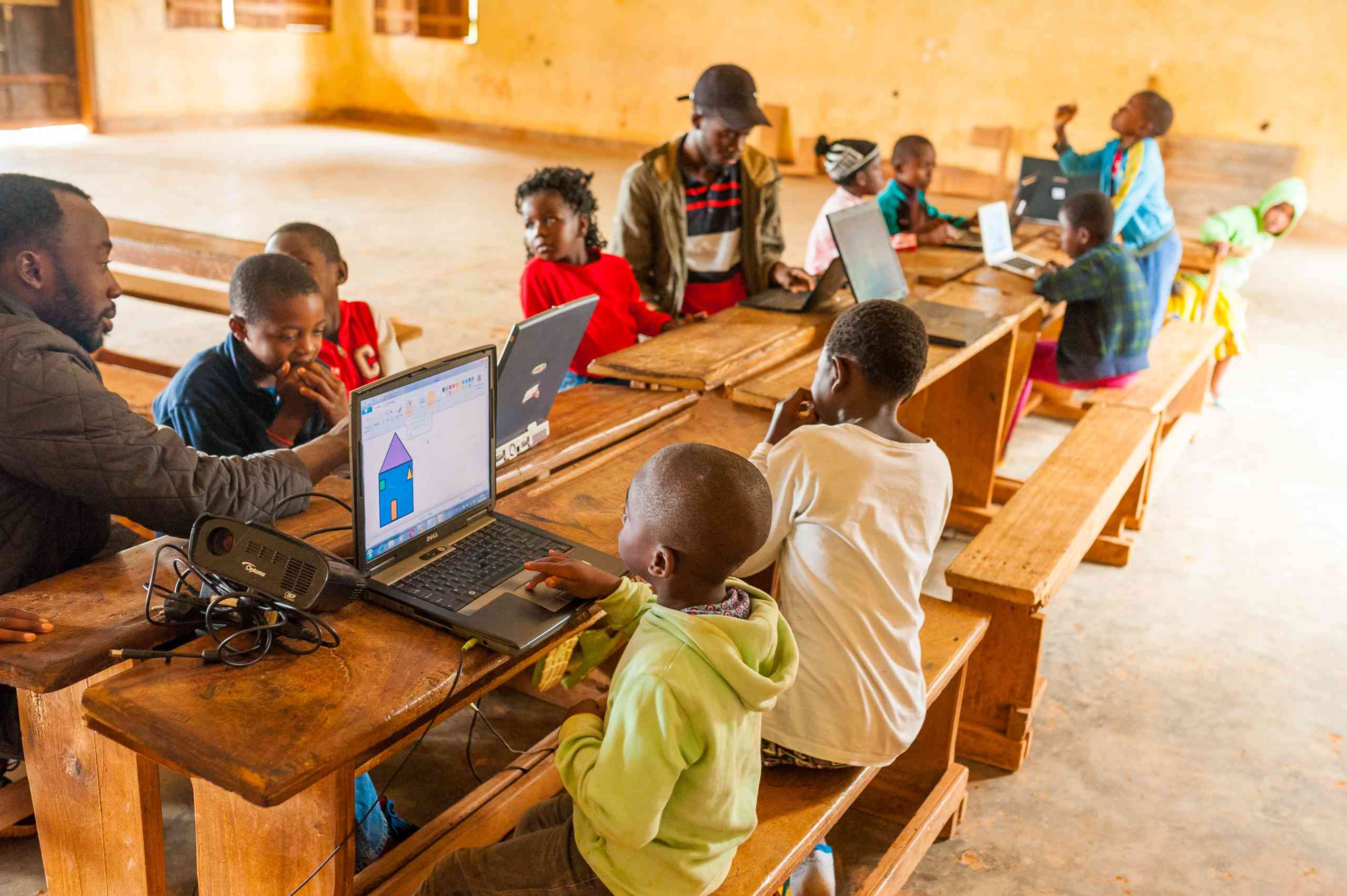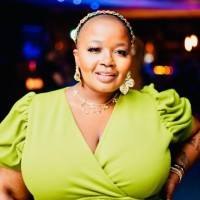
The world is changing faster than ever, and Africa stands at the crossroads of a new era.
The Fourth Industrial Revolution is no longer a distant concept discussed in boardrooms or tech hubs; it is here, reshaping how we live, learn, work, and connect.
At the heart of this transformation lies one critical skill: digital literacy.
Digital literacy goes beyond knowing how to use a smartphone or post on social media.
It is the ability to navigate, understand, and create value in an increasingly digital world.
From coding and data analysis to online communication and content creation, it represents the new language of opportunity. In today’s economy, being digitally literate is as essential as being able to read and write.
Across Africa, the Fourth Industrial Revolution brings both promise and peril.
Automation, artificial intelligence, and digital connectivity are redefining jobs, industries, and education systems.
- Open letter to President Mnangagwa
- Feature: ‘It’s worse right now than under Mugabe’: Sikhala pays the price of opposition in solitary cell
- Masvingo turns down fire tender deal
- Human-wildlife conflict drive African wild dogs to extinction
Keep Reading
For young Africans, this could unlock unprecedented opportunities, but it also risks leaving millions behind if digital access remains unequal.
Without the right skills, too many will remain spectators in a global economy powered by technology.
The continent, however, is already showing how digital literacy can drive transformation. In Kenya, the Ajira Digital Programme is empowering thousands of young people with online freelancing skills, helping them earn sustainable incomes from global clients.
Nigeria’s booming tech ecosystem in Lagos, home to innovators like Flutterwave and Paystack, has demonstrated how local creativity can build world-class digital enterprises.
In Zimbabwe, initiatives such as Econet’s Elevate Programme are nurturing youth talent through entrepreneurship and digital innovation challenges, while hubs like Impact Hub Harare and TechVillage Bulawayo are creating spaces where young innovators can collaborate and learn new skills.
Even in rural areas, technology is bridging the gap.
Mobile agriculture platforms like Esoko in Ghana and Kurima Mari in Zimbabwe are teaching farmers to use digital tools for weather tracking, crop management, and market access.
These platforms prove that digital literacy is not just for coders or designers; it is for everyone seeking to thrive in a modern economy.
However, access alone is not enough.
True digital empowerment must include critical thinking, creativity, and ethical awareness.
The online space can be both empowering and dangerous, a place where innovation meets misinformation and opportunity coexists with exploitation.
Digital literacy must therefore equip people not only to use technology but to question, analyse, and innovate responsibly.
Governments, educators, and communities must step up. Schools should teach coding and digital problem-solving as core subjects.
Governments must prioritise affordable broadband, invest in rural connectivity, and partner with the private sector to make technology accessible to all.
Initiatives such as Google’s Hustle Academy, which trains African entrepreneurs to expand their businesses online, and Andela’s remote tech training programmes, which connect young developers to global employers, are shining examples of what is possible when vision meets opportunity.
Most importantly, Africa’s creative minds — writers, artists, designers, and filmmakers — must harness digital tools to take control of their intellectual property.
The internet allows them to self-publish, stream, sell, and protect their work globally, bypassing traditional gatekeepers who once limited their reach.
The digital age has made it possible for an artist in Bulawayo or Gweru to market their work in New York, Nairobi, or Tokyo with a single click.
The Fourth Industrial Revolution is not just about technology; it is about inclusion, innovation, and identity.
It is about ensuring no African child, regardless of geography or gender, is left behind in the new digital world.
The future belongs to those who are digitally confident, culturally rooted, and globally connected.
Digital literacy is no longer optional. It is economic survival, creative power, and freedom rolled into one. Africa’s time is now.









